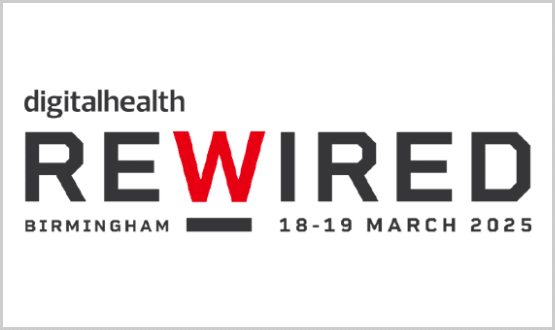Hancock to look at creating ‘consistent cloud platform’ for patient data
- 18 March 2021

Matt Hancock has told the Digital Health Rewired audience that he is looking at creating “a consistent data platform” which would see patient data separated from the application layer.
Speaking at the Digital Transformation Summit on 18 March, the secretary of state for health and social care laid out his post-Covid vision for the use of digital in the NHS.
This included looking into patient data and where it is stored.
“At the moment, most live patient data is held by the companies who provide the electronic patient record systems but it isn’t their data, and although it isn’t their data too often these systems act as a barrier to accessing it,” Hancock said.
“This means that data might not be accessible and can’t be probably shared, providing a barrier to the research and innovation that we know has so much potential, and hampering the life-saving role that data can play in promoting patient safety.
“We need to make it create services that interact with data from different NHS organisations, so I want to explore whether we can remove this barrier to innovation and separate the data layer from the application layer so providers can offer the application software and the data will be stored separately and securely in the cloud, then we have a consistent data platform across the NHS.
“I know this is a big change but this has been a year of big changes.”
Hancock also said there is also a “need to digitise more areas of the NHS that are not yet digitised” and announced there will be a second wave of Digital Aspirants.
“We must go forward to get the infrastructure in place and to make sure we level up inequalities, and make sure we reach all parts and bring with us those who have moved least far on the digital journey,” he added.
Other commitments included the “need to connect the system so data flows appropriately and freely” and he reiterated the target that “every local system will have at least a basic shared record solution in place by September this year”.
He also announced in his address that NHSX has pledged £5m for teledermatology services which will go towards equipping GPs from 28 regions with tools to safely share images with dermatologists for rapid treatment.
According to Hancock, the coronavirus pandemic meant technology has “proved its worth” and played a “vital role” in the nation’s response, saying that the argument for digital health had been “won”.
“When I talk about trying to make the NHS into a digital platform of which everybody can work seamlessly, that gets a positive response, not just from people who are themselves techies and personally interested in technology, everyone can see it’s important,” he added.
“So that’s at the core of why now is the important moment.”
Digital Health Rewired 2021 is running from 15-19 March and is free for everyone from NHS, public sector, independent providers, charities and education sectors, plus start-ups less than three-years old.




